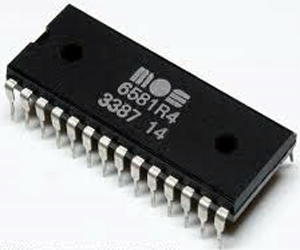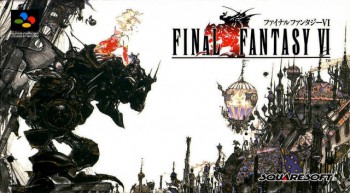Before I start, open this in another window and listen to it while reading.
That’s a piece of commodore 64 game music being played by the SID chip, which was the sound processor inside the C64. This particular tune was composed by one of the maestro’s of the SID, Ben Daglish.
Wizball was a another classic Commodore 64 game. In my opinion, maybe the best I ever played. It had great graphics, great gameplay and famous music. Listen to it here, and marvel that Martin Galway managed to coax that tune from a (now) 30 year old 3 channel sound chip! Apparently he based it on the work of Jean-Michel Jarre, but it just sounds like Kraftwerk to me. I was in my early teens when I played these games. I can recall for a long time having the C64 in my bedroom, and I’d often load up games (including Wizball) and leave them in the attract mode while I did other stuff. Cauldron 2 was another example (and another great theme), I’d be plotting my path via a map while listening to the songs. And Sanxion was another. In an interview I recently read with the composer of the Sanxion theme, he said that at the time he looked at his tunes and disposable. Not so Mr Hubbard, you and your ilk created an entire genre of music that persists today!
Game music is a funny thing. Much like songs by our favourite artists, the music of the games we play stick with us as well, and can trigger powerful memories. This post was originally going to be about SID music exclusively, but after starting I found myself thinking about – and then listening to – beloved music from a lifetime of gaming. Such nostalgia!
In 198X I used to wait on Hunter Street, for the bus, in front of an old arcade. This would not have been coincidence – likely the money for the bus was the only cents I had left after spending everything else in that very arcade. I even sometimes skipped food and drink for a few extra games. At the time of this memory, the arcade prominently featured Gauntlet II at the entrance, speaker turned up to 11. To this day, the theme tune evokes powerful memories of my youth.
Many of these games are almost lost to us now. I can’t easily play Wizball or Gauntlet II anymore. But the music lives on, and I suspect will live on longer than the games ever can. Some of the tunes have already become immortal, such as this one or this one. They were both composed by the same person: Koji Kondo. Games containing his work have been played by hundreds of millions of players, and his signature themes have become as important to the series they were created for (Mario and Zelda) that they have survived and evolved through 30 years of sequels.
18 years ago, when I reviewed Final Fantasy VI for SNES in my fanzine, with regards to the sound I said: “This game exceeds in every possible way!”
Even then I may have occasionally exaggerated, but with regards to this comment I can look back and say I was indeed correct. Final Fantasy VI was a masterpiece of game design, with incredible graphics, gameplay and innovative and complex game systems. That it has barely been equalled – much less surpassed – by the 7 games in the series since 1994 is testament to just how great it is. But what is perhaps most remarkable is that the best feature of the game is the story, and specifically the way the story is intertwined with the soundtrack.
Composed by Nobuo Uematsu, the music in Final Fantasy VI was not digitized, and all created by the sound chip in the SNES. Although only about 10 years had passed since the heydays of the SID chip and C64 music, you’d never tell by listening to what Uematsu managed to achieve from the SNES. Take this example, Terra’s Theme, which isprobably my favourite game music of all time (and yes, this is played by a SNES):
The game was loaded with impressive music, and many fans (including myself) would just pause the game to enjoy the music by itself. A pivotal and very emotional scene in the game was played out via an opera scene with modulated simulated voices. This signature scene (shown in full in the video below) is one of the most inventive and successful ‘cutscenes’ in game history – all realized with 16 bit animations and chip music from an SNES. Even watching it now it brings back powerful memories of the entire game. Because of how much I grew to love the music in this game, Final Fantasy VI was the first game soundtrack that I ever bought.
These days virtually all our music comes from computers. Since the technical limitations are gone, there is no longer a distinction between ‘game music’ and ‘real music’. Where once the composers had to create not only beautiful tunes, but also cram them into impossibly small amounts of memory or sound channels, now they can utilize complete orchestras and record as much music as their budget allows. And yet far too often game music is still seems to be an afterthought (especially the worst offending games, which just license charts hits and play them in the background). But the best games are often as good as they are not just because of gameplay or graphics, but because of music as well. I’m sure that 18 years from now the music of the games I remember playing at age 40 will still be strong in my memory.

